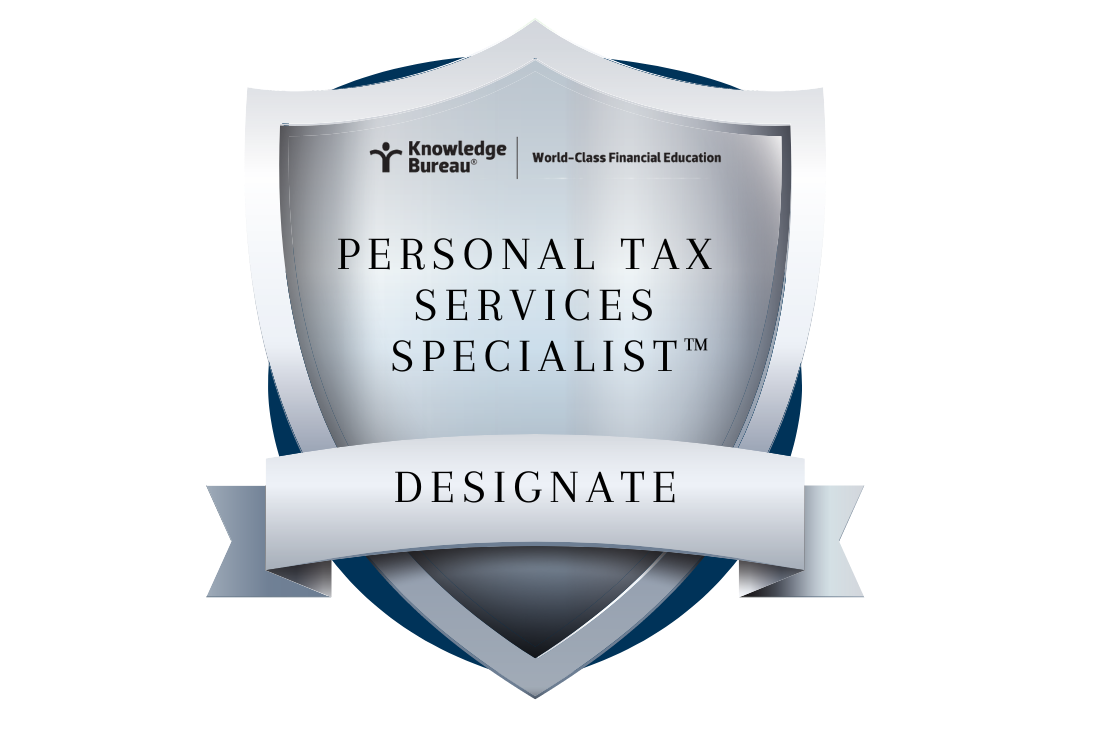Avoid High Risk Tax Preparers and Penalties in the Millions

Last summer, suspected “high risk” tax preparers were under the microscope by the CRA for submitting fake CEWS and CERS claims on behalf of approximately 2000 business clients. The gross negligence penalties alone amounted to $10 Million; this aside from the clawback of $25 Million in benefits paid. While these cases are in the minority – only 300 cases audited so far - they shed light on several things: once selected for audit, the burden of proof is always on the taxpayer, the penalties for dealing with high risk preparers will be huge, and from a client’s perspective, it pays to put your faith in a highly qualified tax professional.
The Burden of Proof. The burden of proof for accurate tax filings is always on the taxpayer. By extension that means it’s your responsibility to make sure your tax filer is competent and honest and will not be complicit with you in evading taxes or cheating the tax system of benefits. The CRA provides gross negligence penalties for this very reason: willful blindness to shenanigans by your tax advisor will not cut it – you’ll pay a penalty of 50% of the taxes owing (plus interest and of course the taxes themselves, plus any benefits you wrongfully received) if you didn’t make it your business to know your filings were correct. If it smells bad, or seems too good to be true, it usually is.
Having said that, there are many very generous provisions in the Income Tax Act that can be worth many thousands of dollars. Legitimately claimed and reported they are yours to keep.
Working with a Highly Qualified Tax Pro. It’s important to work with a highly qualified tax professional such as a DMA-Tax Services Specialist™ who has kept up with the required Standards of Conduct, including continuing professional development annually. These professionals have 180 hours of basic technical training, prepare over 600 true-to-life quizzes and case studies for an extensive practical experience using professional tax software packages.
Financial advisors need to stay current on tax as well and stay clear of promoting tax avoidance schemes. The penalties will leave you without your compensation, too.
New Penalties are Stiff. Most recently, the Finance Department has added some really stiff penalties for promoters and preparers of these schemes, starti ng in 2023 upon Royal Assent:
ng in 2023 upon Royal Assent:
Reportable and Notifiable Transactions. A tax avoidance transaction will need to be reported to CRA in advance in a prescribed form under new rules. Such reportable transactions will include a decision not to include an amount in the filing of a return in expectation of a tax benefit (a notifiable transaction); also reportable will be transactions where only one of the three hallmarks - contingent fee arrangements, and confidential or contractual protections – are present in contractual arrangements (this is two under existing rules).
The return, RC312, must be filed on or before the 45th day of the earliest of the day the taxpayer is contractually obligated to enter into the transaction or the day in which he/she does (this used to be an annual requirement on June 30). The penalty is a maximum of $25,000 ($100,000 for corporations) or 25% of the amount of the tax benefit, whichever is higher. For promoters: the amount of the fees charged, $10,000 and $1000 times the # days the reporting is late to a maximum of $100,000.
Avoidance of Tax Debts. Where a transferor and transferee of assets try to avoid joint and severable liability of tax through a series of avoidance transactions, new anti-avoidance rules will deem them to be transacting on a non-arm’s length basis and deem a tax debt to be owing before the end of the tax year in which the transactions took place. New penalties for planners and promoters of such transactions after April 18, 2021 are equal to the lessor of 50% of tax to be avoided and $100,000 plus compensation earned.
Bottom Line. It is very painful, financially speaking, when both a taxpayer and their professional tax filers do the wrong things: avoid paying taxes properly or improperly apply for tax benefits. The penalties are enormous, the repayment of tax and benefits is subject to high interest rates compounding daily, and the CRA collector is not known to go away when you owe. Best to get a couple of opinions from highly qualified tax pros than to pay a heavy price down the line.
Additional Educational Resources:
2023 Advanced T1 Tax Update for 2022 Returns – Online Edition. A comprehensive solution to learning personal tax preparation rules and tax theory from the comfort of home or office. A must for all professionals preparing personal tax returns for a fee.
This certificate course will help you shake out the cobwebs and drill down on the detailed tax theory or “dark horses” as well as all news from CRA and Finance Canada for filing 2022 tax returns. It qualifies as a full course credit for the DMA-Tax Services Specialist designation program, too.
Enrol in the 2023 Advanced T1 Tax Update Course!
DMA-Tax Services Specialist™
Learn More. As a designated specialist, provide high level advice with deep knowledge and top skills in your field. Study time is flexible—take up to 18 months to finish – but keeners can get through this 180 hour program faster with dedicated study time.
Then Earn More. Share More. With your specialization in personal taxation, you’ll provide sound advice and prepare a broad range of returns—from simple to complex—and then help families accumulate, grow, preserve and transition wealth with tax-efficiency.
Enrol today!
Evelyn Jacks is Founder and President of Knowledge Bureau, holds the RWM™, MFA ™, MFA-P™ and DFA-Tax Services Specialist designations and is the best-selling author of 55 books on tax filing, planning and family wealth management. Follow her on twitter @evelynjacks.
©Knowledge Bureau, Inc. All rights Reserved